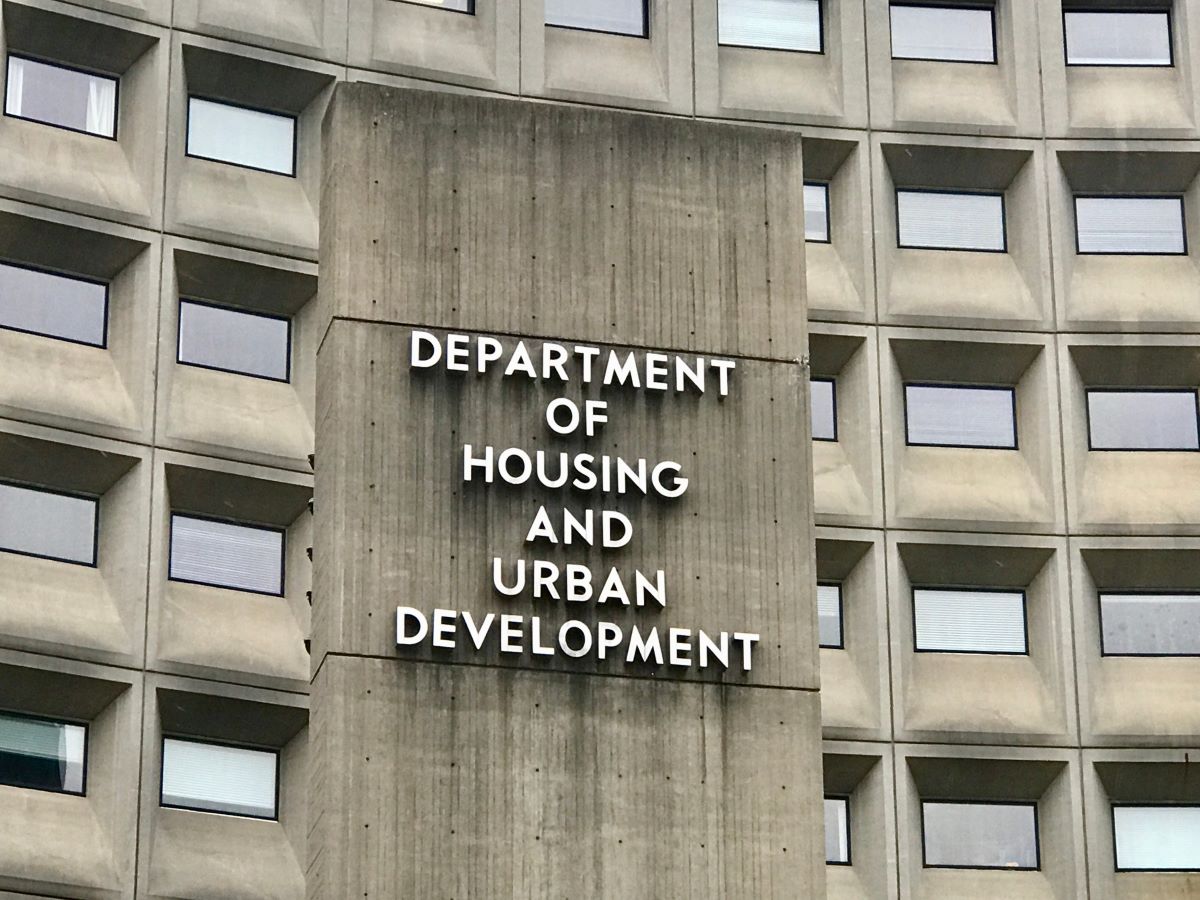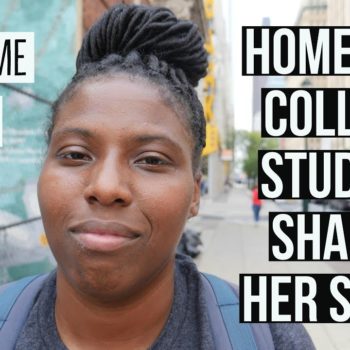Authorities continue to increase their enforcement of fair housing laws as demand for housing swells across the country.
The federal Fair Housing Act, passed in the 1960s, prohibits denying housing opportunities to individuals based on a protected class such as race, gender, or national origin. But many landlords continue to deny housing to individuals on these bases, even those who have partnered with federal agencies to provide homes to some of the nation’s most economically disadvantaged.
For example, Virginia’s Attorney General Mark Herring is investigating the housing conditions at two multiunit properties that cater to one of South Richmond’s largest Hispanic communities. The investigation follows a report that found apartments at these properties had mold, were infested with rats and roaches, and some homes had significant maintenance issues that the landlords were responsible for fixing.
Current and former residents have complained of these issues for at least two decades. They also say that the $10 million renovations that one of the properties underwent a few years ago didn’t address many of the issues that are present today.
A survey of 100 homes at these properties by New Virginia Majority, a tenants rights organization, found that 88 units had rodents, 78 had roaches, and 59 had mold, among other issues.
Richmond Mayor Levar Stoney said he supports the investigation:
“Regardless of their background, no resident should feel they have to make a choice between living in unsanitary conditions and the fear of housing discrimination for speaking up to have those conditions addressed,” he said.
This investigation follows two recent fair housing enforcement actions taken by federal authorities. At the end of December, the Department of Housing and Urban Development (HUD) settled with four southern California public housing providers accused of discriminating against potential residents because of their national origin.
According to HUD, the case came up on its radar after the Inland Fair Housing and Mediation Board (IFHMB), a HUD Fair Housing Initiatives Program agency, conducted an on-site test at one of the housing providers. During the test, one of the on-site managers allegedly refused to rent to a person who did not speak much English and told them they must learn the language to be added to the waitlist for housing.
The settlement requires the housing providers to pay a fine and complete additional fair housing training.
“Individuals and families seeking to obtain decent, affordable housing shouldn’t be turned away just because they don’t speak English,” said Demetria McCain, HUD’s Principal Deputy Assistant Secretary for Fair Housing and Equal Opportunity. “[The] settlement represents HUD’s ongoing commitment to ensuring that housing providers meet their obligations under Title VI and the Fair Housing Act to welcome all applicants, regardless of the language they speak.”
Not long after HUD settled the case, the Department of Justice (DOJ) secured a $65,000 settlement for a single Black mother in Oklahoma. She was denied housing because of her race.
The case stemmed from an incident in 2020. A nonprofit organization in Oklahoma called Legal Aid attempting to match one of their clients with a vacant housing unit at the Lone Wolf Housing Authority. However, the lawsuit alleges that the mother’s application was denied once employees at Lone Wolf found out that the applicant and her child were both Black.
Legal Aid then sent in a white fair housing tester to apply for housing. Lone Wolf replied that there were several options available. To confirm their suspicions, Legal Aid sent another Black tester to Lone Wolf along with her granddaughter. Lone Wolf subsequently told them that no apartments were available.
“Housing authorities are entrusted with tax-payer dollars to serve some of the most vulnerable members of our communities,” said Assistant Attorney General Kristen Clarke of DOJ’s Civil Rights Division. “It is abhorrent that a housing authority would deny a home to any applicant on the basis of race. The Justice Department is committed to vigorous enforcement of federal law to ensure that no one is unlawfully denied housing because of race or for any other prohibited reason.”
How You Can Help
The pandemic proved that we need to rethink housing in the U.S. It also showed that aid programs work when agencies and service organizations are provided with sufficient funds and clear guidance on spending aid dollars.
Contact your representatives. Tell them you support fair housing protections. We must ensure everyone has access to a safe and affordable home. These protections have proven effective at keeping people housed. This is the first step to ending homelessness once and for all.













